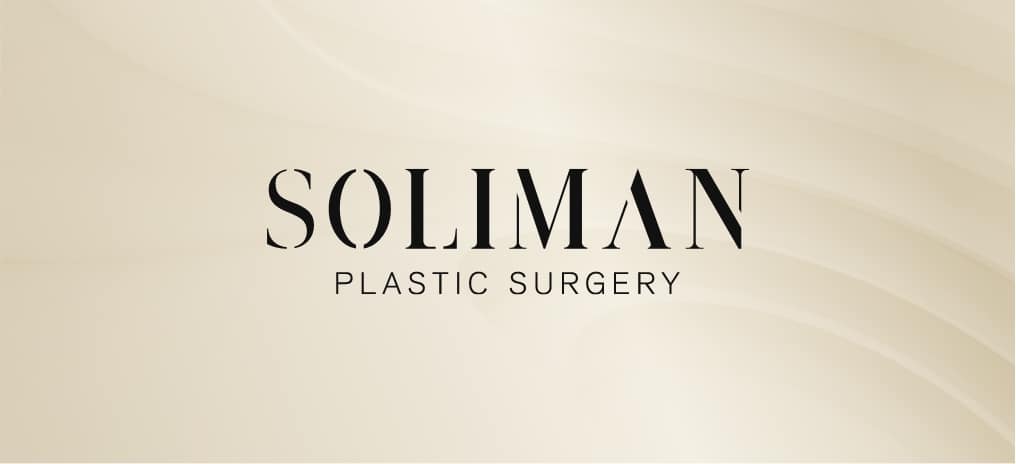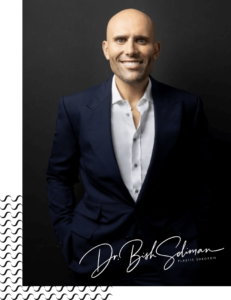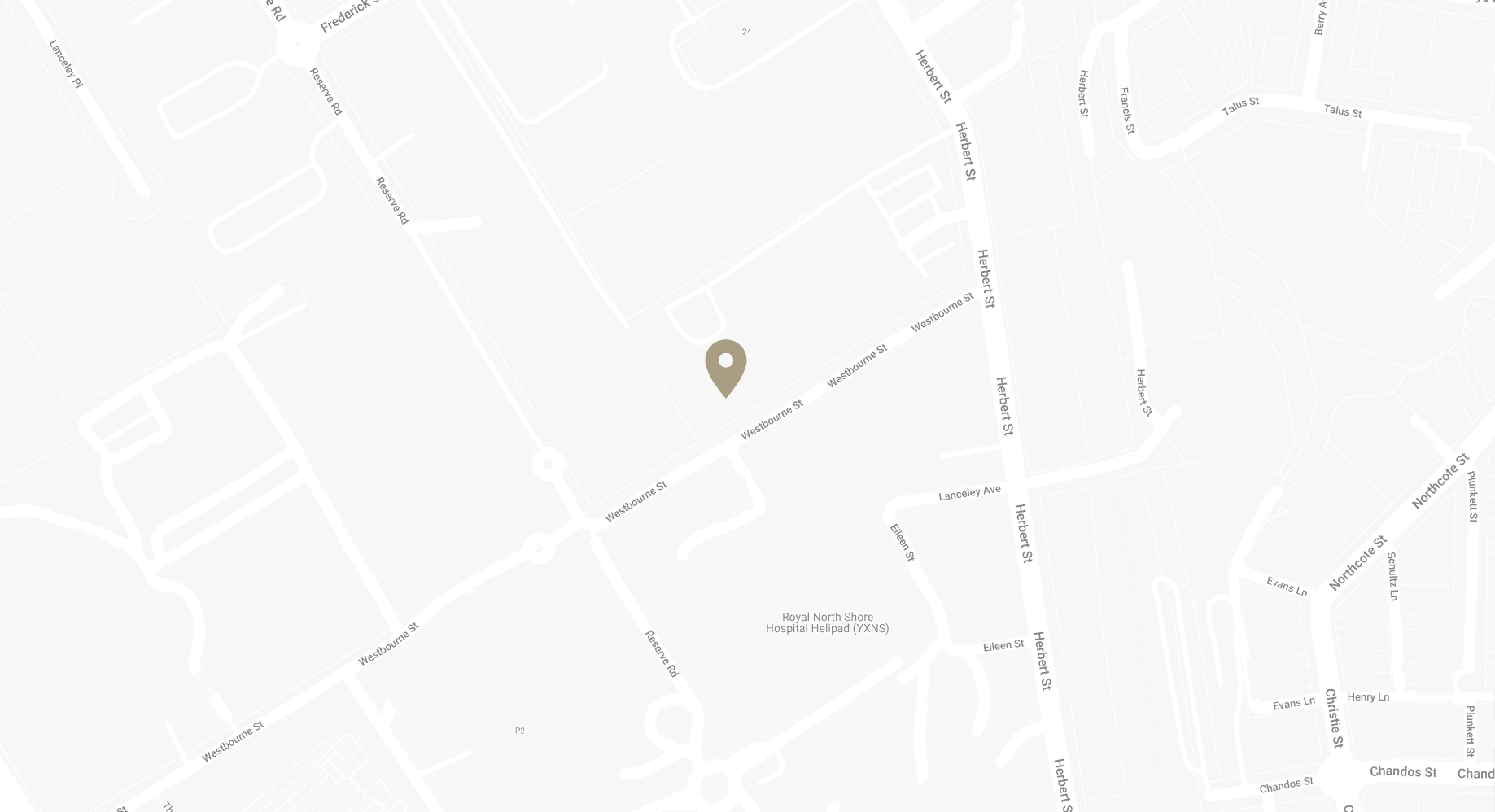Why It’s Important to Avoid Alcohol and Recreational Drugs before and after Plastic Surgery
When it comes to cosmetic surgery, and surgery in general, achieving optimal outcomes extends beyond the skill of the surgeon and the advanced technology at their disposal. Lifestyle factors, particularly the consumption of alcohol and recreational drugs, play a role in influencing both the process and the results of cosmetic procedures.
Sydney Specialist Plastic Surgeon Dr Bish Soliman discusses the often-overlooked impact of these substances on cosmetic surgery.
What Is Cosmetic Surgery?
Cosmetic surgery includes a wide range of procedures aimed at altering the physical appearance of an individual. Unlike reconstructive surgery, which focuses on repairing defects to restore normal function and appearance, cosmetic surgery is primarily concerned with the aesthetic part. Common procedures include blepharoplasty, liposuction, breast augmentation, and abdominoplasty (tummy tuck), among others.
The decision to undergo cosmetic surgery is personal and can be influenced by a variety of factors. Regardless of the motivation, the success of cosmetic surgery is measured not only by the aesthetic outcome but also by the patient’s overall health and well-being throughout the process.
Preoperative preparation and postoperative care are critical components of this journey. Patients are usually advised to adhere to specific guidelines related to diet, physical activity, and, importantly, the consumption of substances like alcohol and recreational drugs. These guidelines are not arbitrary; they are based on a complex understanding of how such substances can impact surgical outcomes and recovery processes.
How Alcohol Affects Cosmetic Surgery
The consumption of alcohol before and after cosmetic surgery poses significant risks that can adversely affect both the surgery itself and the recovery process. Alcohol, a depressant that affects the central nervous system, can interfere with the body’s natural healing processes and lead to complications that compromise the outcomes of cosmetic procedures:
Preoperative Concerns
- Blood Thinning: Alcohol has a blood-thinning effect, which increases the risk of excessive bleeding during surgery. This can not only complicate the procedure but also extend the duration of the operation and recovery. Dr Soliman needs a clear surgical field to achieve precise results, and excessive bleeding can hinder their ability to perform intricate work, especially in procedures requiring high precision, such as facial surgeries or detailed liposuction.
- Dehydration and Electrolyte Imbalance: Alcohol consumption can lead to dehydration and electrolyte imbalances. Proper hydration and balanced electrolytes are essential for safe anaesthesia administration and patient recovery. Dehydration can also affect skin elasticity, which is particularly concerning in surgeries like facelifts or abdominoplasty, where the skin’s condition plays a significant role in the outcome.
- Immune System Suppression: Regular alcohol intake can suppress the immune system, making the body more susceptible to infection. In the context of cosmetic surgery, this increased vulnerability can lead to postoperative infections, which are not only dangerous but can also delay healing and negatively affect the aesthetic results.
Postoperative Complications
- Delayed Healing: Alcohol impairs the body’s ability to heal, slowing down the recovery process. The nutrients essential for wound healing are not as readily absorbed, and the regeneration of skin cells is inhibited. This can result in longer recovery times, more noticeable scars, and, in some cases, the need for corrective procedures.
- Increased Swelling and Bruising: Alcohol consumption can cause vasodilation, leading to increased swelling and bruising. This is particularly problematic in the immediate postoperative period when the body is already dealing with the natural effects of surgery. Excessive swelling and bruising can be uncomfortable, prolong recovery, and, in some instances, impact the final appearance.
- Risk of Seroma and Haematoma Formation: The risk of developing seromas (fluid accumulation under the skin) and haematomas (blood pooling outside of blood vessels) is heightened with alcohol consumption. These complications can require additional interventions, such as drainage, and can lead to uneven results or additional scarring.
Recommendations for Patients
Given these risks, it is strongly recommended that patients abstain from alcohol for a minimum of two weeks before and after surgery, although longer periods of abstinence may be advised depending on the individual’s health, the type of procedure, and the extent of surgery. Patients should discuss their alcohol consumption openly with Dr Soliman during the preoperative consultation to receive personalised advice tailored to their specific circumstances.
The decision to refrain from alcohol in the weeks surrounding cosmetic surgery is not one of morality but of medical prudence. By avoiding alcohol, patients can significantly reduce their risk of complications, ensure a smoother recovery, and enhance the likelihood of achieving their desired outcomes.
Recreational Drugs and Cosmetic Surgery
The interaction between recreational drug use and cosmetic surgery is a complex issue with significant implications for both surgical outcomes and patient safety. Recreational drugs, encompassing a wide range of substances from marijuana and cocaine to opioids and amphetamines, can adversely affect the body’s physiological responses, interfere with anaesthesia, and complicate both the surgery and the recovery process:
Preoperative Risks
- Cardiovascular Complications: Many recreational drugs, such as cocaine and methamphetamine, have profound effects on the cardiovascular system, including increased heart rate and blood pressure. These effects can lead to heightened risks during surgery, including cardiac arrhythmias or even myocardial infarction (heart attack). For procedures that require general anaesthesia, these risks are particularly concerning, as anaesthesia also affects cardiovascular function.
- Respiratory Problems: Drugs like marijuana and opioids can impact respiratory function. Marijuana smoke can irritate the respiratory system, while opioids depress the respiratory drive. In the context of cosmetic surgery, compromised respiratory function can increase the risk of complications during anaesthesia and recovery, making airway management more challenging for the anaesthesiologist.
- Anaesthesia Interactions: Recreational drug use can alter the body’s reaction to anaesthesia. Patients who use drugs may have an increased tolerance to sedatives and painkillers, requiring higher doses to achieve the desired effect. However, these higher doses come with increased risk of complications. Additionally, some drugs can interact unpredictably with anaesthetics, leading to dangerous fluctuations in blood pressure, heart rate, and breathing.
Postoperative Challenges
- Delayed Healing: Like alcohol, recreational drugs can impair wound healing. They can decrease blood flow to surgical sites, suppress the immune system, and disrupt the body’s natural healing processes. This can result in slower recovery, increased risk of infection, and less satisfactory aesthetic outcomes.
- Increased Pain Perception: Certain drugs, particularly opioids, can lead to altered pain perception and increased tolerance to pain medication. This can make postoperative pain management more difficult, affecting the patient’s comfort and recovery experience.
- Psychological Effects: Recreational drugs can have significant psychological effects, including anxiety, depression, and altered mental states. These effects can be detrimental in the postoperative period, affecting a patient’s ability to follow postoperative care instructions, cope with the stress of surgery and recovery, and make informed decisions about their care.
Guidelines for Patients
Given these risks, it is essential for patients to be honest with their surgical team about any recreational drug use. This disclosure enables the team to adjust their approach, from modifying anaesthesia protocols to tailoring postoperative care plans, ensuring the safety and well-being of the patient.
Dr Soliman may recommend a period of abstinence from certain drugs before and after surgery, similar to the guidelines for alcohol use. The length of this period can vary based on the substance in question and the individual’s health status. In some cases, referral to a specialist for drug cessation support may be advisable to minimise risks and improve surgical outcomes.
The impact of recreational drugs on cosmetic surgery underscores the importance of complex preoperative assessment and patient education.
Anaesthetic Considerations in Cosmetic Surgery with Substance Use
Anaesthesia plays a critical role in cosmetic surgery, ensuring that patients remain comfortable and pain-free during their procedures. But the use of alcohol and recreational drugs can significantly impact anaesthetic management, presenting unique challenges that require careful consideration and planning by the anaesthesia team. These substances can affect the metabolism and effectiveness of anaesthetic agents, necessitating adjustments to standard protocols to maintain patient safety and comfort:
- Increased Anaesthetic Requirements: Patients who regularly consume alcohol or use recreational drugs may have an increased tolerance to sedatives and anaesthetics. This can lead to a need for higher doses to achieve the desired level of sedation or anaesthesia, which in turn raises the risk of adverse effects, including prolonged recovery times and increased risk of respiratory depression.
- Unpredictable Responses: Substance use can result in unpredictable responses to anaesthesia. For instance, stimulants such as cocaine or methamphetamine can sensitise the cardiovascular system to the effects of certain anaesthetics, increasing the risk of arrhythmias or hypertension. Conversely, depressants, including alcohol and opioids, may exacerbate the respiratory depressant effects of anaesthesia, complicating the management of airway and breathing.
- Withdrawal Considerations: Patients with a dependency on alcohol or drugs may experience withdrawal symptoms under anaesthesia or in the postoperative period. Withdrawal can significantly impact patient comfort and surgical outcomes, manifesting in symptoms such as agitation, hypertension, tachycardia, and increased pain sensitivity. Anaesthesia providers must be prepared to identify and manage these symptoms effectively.
FAQs about Alcohol, Recreational Drugs and Plastic Surgery
How long should I abstain from alcohol before cosmetic surgery?
- It’s recommended to abstain from alcohol for at least 2 weeks before and after your surgery. This period can vary based on your health status, the type of procedure, and Dr Soliman’s advice. Abstinence helps reduce the risk of complications and supports better healing.
Can I smoke marijuana before my cosmetic surgery?
- You should avoid smoking marijuana or consuming cannabis products for at least a few weeks before and after surgery. Marijuana can affect anaesthesia and your body’s healing process, leading to increased risk of complications.
Will my past drug use affect my cosmetic surgery outcomes?
- Past drug use can have implications for your surgery, particularly if it was recent or has led to long-term health effects. It’s important to disclose your drug use history to Dr Soliman so they can plan your procedure accordingly and mitigate any risks.
What happens if I don’t tell my surgeon about my alcohol or drug use?
- Failing to disclose your substance use can significantly increase your risk of complications during and after surgery. Anaesthesia may be more complicated, and your recovery could be prolonged or problematic. Honesty with your surgical team is crucial for your safety.
How can substance use affect my pain management after surgery?
- Substance use can alter your body’s response to pain medication, potentially requiring higher doses for effective pain control. This can complicate your postoperative care and pain management strategy. Discussing your substance use with Dr Soliman can help ensure appropriate pain management post-surgery.
Further Reading about Procedures with Sydney Specialist Plastic Surgeon Dr Bish Soliman
- Read Dr Soliman’s Risks of Surgery Page
- Read Dr Soliman’s Recovery after Plastic Surgery Page
- Read Dr Soliman’s Stop Smoking before Plastic Surgery Page
- Read Dr Soliman’s Private Health Insurance for Plastic Surgery in Australia
- Read Dr Soliman’s How Effective Are Silicone Strips for Plastic Surgery Scars
Medical References about Alcohol and Recreational Drugs and Plastic Surgery
- The Effects of Cannabis: Implications for the Surgical Patient
- Preoperative patient preparation in enhanced recovery pathways
- Inhaling alcohol vapour or mist: An international study of use, effects and harms
- Reducing Alcohol Use Before and After Surgery
- What to know about drinking alcohol before surgery



